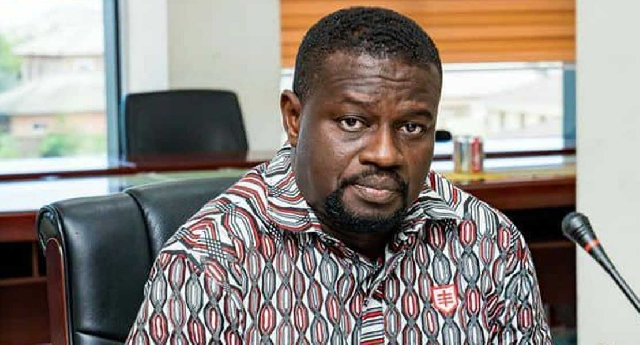The Chamber of Independent Power Producers, Distributors and Bulk Consumers (CIPDiB), wants the government to prioritize clearing all outstanding debt owed its members to ensure continuous power supply in the coming days which has created challenges since 2016.
This comes days after the government cleared USD 203 million of the energy sector debt owed Sunon Asogli Power Ghana Limited thereby, reducing the collective receivables in favour of the IPPs to about USD$1.2 billion.
While speaking in an interview, the Chief Executive Officer of CIPDiB, Elikplim Apetorgbor, specified that although the move by the government demonstrates its zeal to ensure all corporations within the sector have a sound and healthy financial status to sustain their operations, they want the government to do more to ensure continuous power supply in the coming days.

“Cumulatively and collectively, looking at the debt with respect to all the IPPs, it means this $203 million is going to reduce the debt that ECG owe us leaving about $1.2 billion outstanding. Therefore, from the Chamber’s point of view, we would like to urge government to prioritize and settle all payments in the coming days so as to guarantee the supply of power,” he said.
As it stands, the government in the past few weeks has successfully secured new power purchase agreements with Cenpower and CENIT Energy Limited which are expected to save the country $3 billion and $200 million respectively over the remaining life of the agreements with the two companies.
Ghana’s energy sector has had its share of challenges, despite the important role energy plays in economic development.
Currently, Ghana pays over $500 million a year for unused electricity. Most of the PPAs are legacy agreements, entered into under the previous administration in an uncoordinated and hasty attempt to end power disruption (dumsor).
The tariffs agreed were not competitive and have contributed significantly to the build-up of debt in the sector and oversupply of energy.
The government now, in collaboration with the World Bank, has created the Energy Sector Recovery Programme (ESRP), to identify the policies and actions needed for financial recovery in the energy sector over a five-year horizon (2019-2023).





















